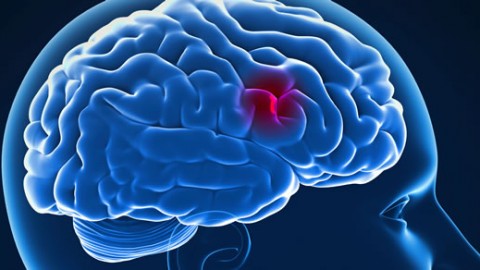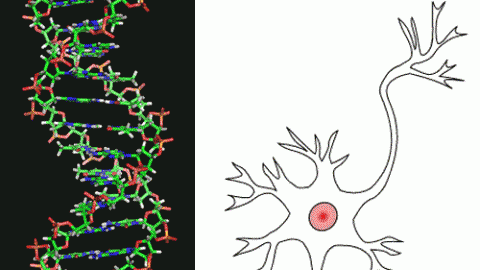Buddhism has been around for centuries, long before Galileo, Newton and all the material sciences that dominate the modern world. Most people probably think these two traditions are at odds. That’s not so anymore. Today we see Buddhists and scientists collaborating to better understand each other. The Dalai Lama has become a great advocate of scientific explanations for mindfulness meditation. After all whenever science validates the benefits of Buddhism, it helps spread his message and increases conversions.
The Dalai Lama abides by a profoundly simple truth. He believes that the differences between competing nations and societies are superficial and that the common nature of humans should guide all humanity. It’s the only path to universal peace and understanding. I can’t argue with that.
Yet, as Buddhism and science converge more than the workings of the mind and brain are revealed.
Science has the habit of disrupting religion. Consider what Galileo did to Christianity. With his innovative telescope he observed moons orbiting Jupiter. He saw shadows on our moon indicating mountains and valleys. When he studied Venus he documented its moon-like phases, proving that it revolved around the sun. He published all this in his classic book Siderius Nuncius (Starry Messenger).
His findings upset the pope and upset centuries of Catholic doctrine. The laws of the universe, since Ptolemy, were settled. Everything in the sky revolved around the earth, as God had divined it. The moon was a smooth orb given to humanity for our amusement. If other planets had moons, that could only mean there were people living there, too. Galileo’s claims were too much to tolerate and he paid an awful price. The church explanation resolved the matter by declaring that the devil had infected the telescope to fool Galileo and misrepresent what was obvious.
Why is the experience of Galileo with the Catholic Church relevant to the encounters today between Buddhism and science? The Dalai Lama embraces science. But just as science has gradually undermined traditional Christian doctrine, science will surely do the same to Buddhism. There will be no inquisitions this time, but there will certainly be questioning of the traditional practice of Buddhism, as more monks are enlightened by material science. Won’t some realize that the benefits of deep mindfulness meditation can easily be achieved without gongs, incense, shrines, robes, jewelry, prayer wheels, etc.? Won’t they then challenge the established order? Won’t they discover that meditation for five hours a day is unnecessary? As their eyes open to science and modern world, won’t they discover that there is more to life than what’s possible living in a feudal society?
More to follow in an upcoming post (Part 2)!
Image by Wolfgang H. Wögerer, Vienna, Austria, CC BY-SA 3.0, https://commons.wikimedia.org/w/index.php?curid=19610481








